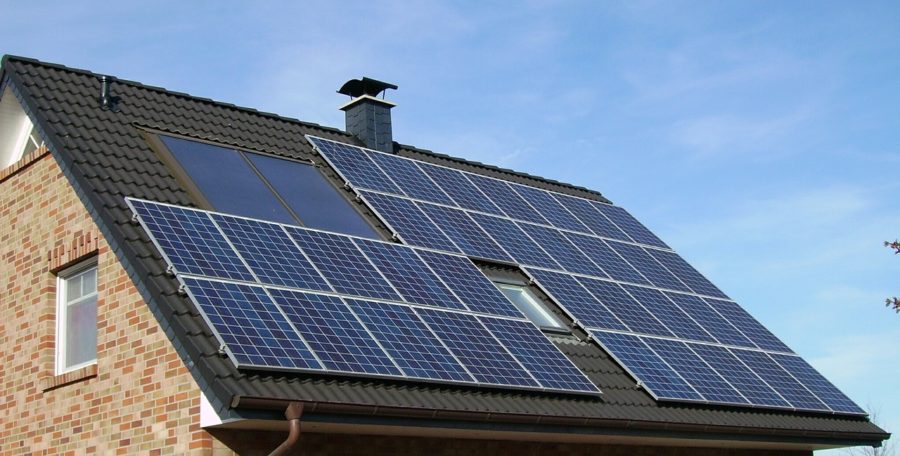By Andrea Jakubas
This post is the final part of a three-part series discussing three avenues for reducing the “uncollectible burden”–the inability of people to pay their utility bills during the COVID-19 pandemic. Part one examined government grants and policy; part two looked at incentivizing and changing consumer bill-paying behavior. Part three, below, discusses clean energy initiatives that promote efficiency, reduce consumption and use cleaner forms of energy.
—
In pre-pandemic times, if utility customers did not or could not pay their bills, the company could generally disconnect their service. But in response to the COVID-19 emergency, many states have issued moratoria against such utility shutoffs for nonpayment,[1] recognizing both that utilities are vital to human health and well-being and that customers are facing daunting levels of unemployment and decreased ability to pay their bills.
These shutoff moratoria are necessary but raise an additional problem: how bills will ultimately be paid. Generally, uncollectible accounts are “socialized” across utilities customers. The rate paid covers not only the customer’s direct consumption but also administrative costs, including other customers’ nonpayment. As the pandemic—and orders against utility shutoffs—drag on, the mountain of “uncollectible” debt will continue to grow, and there are no clear answers on how (and by whom) bills will ultimately be paid.
Programs that reduce consumption, or that use non-carbon fuel sources are doubly advantageous: they can make bills more affordable for customers and increase the likelihood the bills will be paid, and can reduce carbon emissions.
Distributed solar
Energy generated in a dispersed manner or by customers, rather than at a central location (like a nuclear power plant), is “distributed generation.”[2] The most common distributed generation method is home solar panels. But many customers, especially those who are already struggling to pay their bills, will have trouble investing in panels—though some companies offer the option to lease panels.[3]



